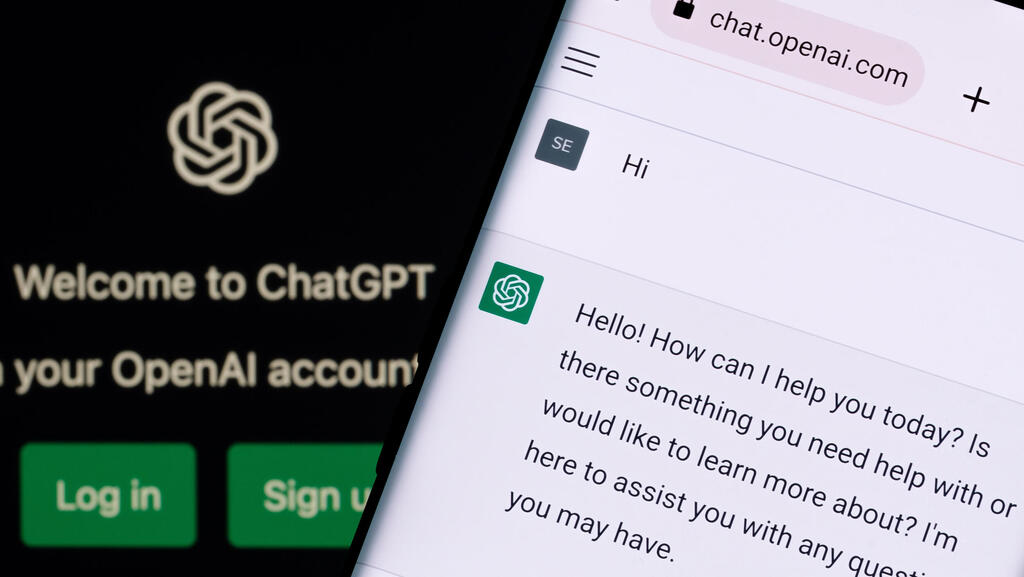
OpenAI-Microsoft deal gets overhaul as IPO planning accelerates
Revenue sharing, equity, and long-term tech access all on the table.
OpenAI and Microsoft are renegotiating the terms of their multibillion-dollar partnership to facilitate a potential future IPO for the ChatGPT maker, while also ensuring Microsoft maintains access to advanced AI models, the Financial Times reported on Sunday.
A key point of negotiation is how much equity Microsoft will retain in OpenAI’s for-profit business in return for the more than $13 billion it has invested to date, the report said. According to the FT, Microsoft is offering to relinquish some of its equity in exchange for continued access to future AI technologies developed after a 2030 cutoff.
The two companies are also updating the terms of a broader commercial agreement, originally established when Microsoft made its first $1 billion investment in OpenAI in 2019, the report noted.
Microsoft declined to comment. OpenAI did not immediately respond to a request for comment from Reuters.
Last week, The Information reported that OpenAI has informed investors it plans to share a smaller portion of its revenue with Microsoft as part of the ongoing restructuring.
Related articles:
In January, Microsoft also amended parts of its deal with OpenAI after launching a joint venture with Oracle and Japan’s SoftBank Group to build up to $500 billion worth of new artificial intelligence data centers in the U.S.
Last week, OpenAI backed away from a sweeping restructuring plan, opting instead to keep its nonprofit parent in control—a move that likely curtails CEO Sam Altman's power over the maker of ChatGPT.
The announcement came amid mounting criticism and legal challenges, including a high-profile lawsuit by co-founder and rival Elon Musk, who alleges that OpenAI has strayed from its original mission to develop artificial intelligence for the benefit of humanity.
"OpenAI was founded as a non-profit, is today a non-profit that oversees and controls the for-profit, and going forward will remain a non-profit that oversees and controls the for-profit. That will not change," Altman wrote in a blog post last Monday.
In December, OpenAI had proposed converting its for-profit arm into a public benefit corporation (PBC)—a structure that blends profit-making with social goals. Under that plan, the nonprofit would have retained a large equity stake but would have ceded control to the new corporate structure.
Last week, however, OpenAI reversed course, stating that the nonprofit will remain in control of the PBC and become a major shareholder. The company will still pursue structural changes to allow for greater capital-raising as it races to stay competitive in the AI boom.